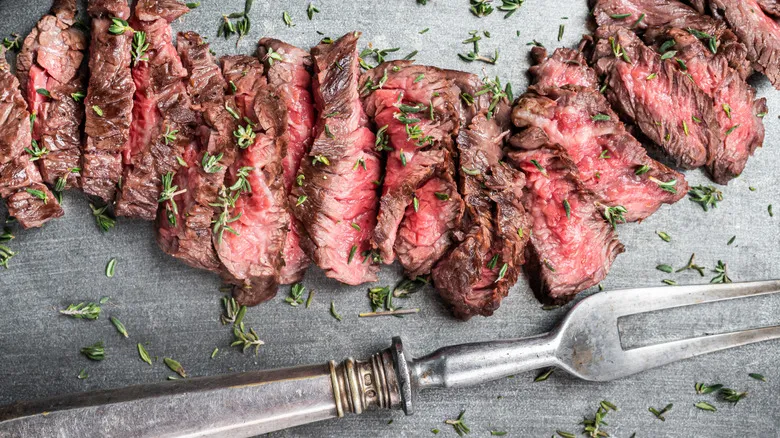Lactic acid and calcium do the work
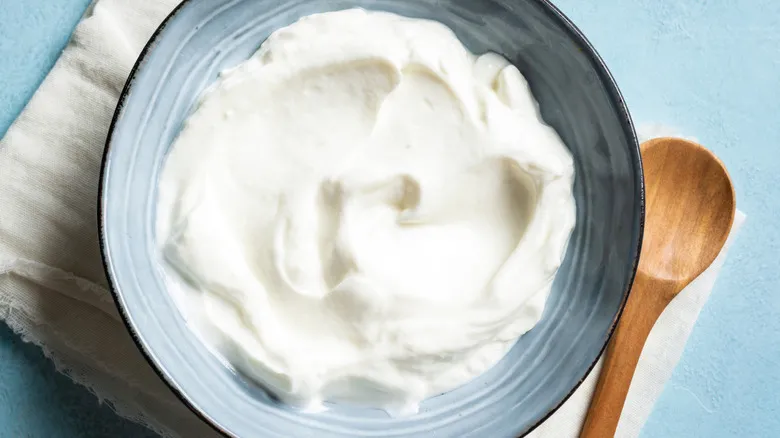
Lactic acid isn't the sole tenderizing agent in yogurt. Other elements that contribute to its effectiveness as a meat tenderizer include calcium and bacteria. Calcium is believed to activate enzymes that help break down collagen, a protein found in meat. The bacteria used in yogurt fermentation are live cultures that can also decompose proteins, provided the yogurt hasn't been heat-treated, which would kill these cultures.
Beyond just tenderizing meat, yogurt enhances its flavor profile. Allowing the meat to marinate over time enables the herbs and spices mixed in to thoroughly infuse into the meat. Furthermore, yogurt forms a coating on the steak that caramelizes in a distinctive manner during cooking. Unlike the hard, crisp texture produced by cooked sugar in many marinades, yogurt creates a flaky crispness that effectively absorbs the smoky flavor from a high-heat sear.
Using a marinade is also a practical way to utilize yogurt that is nearing its expiration. Any quantity you have can be beneficial, but ideally, use half a cup of yogurt for each pound of meat. If you're using thicker yogurt, consider adding a bit of milk, water, or lemon juice to achieve a thinner consistency. After a quick cook over high heat, you may find yourself reconsidering other tenderizing options.
Recommended
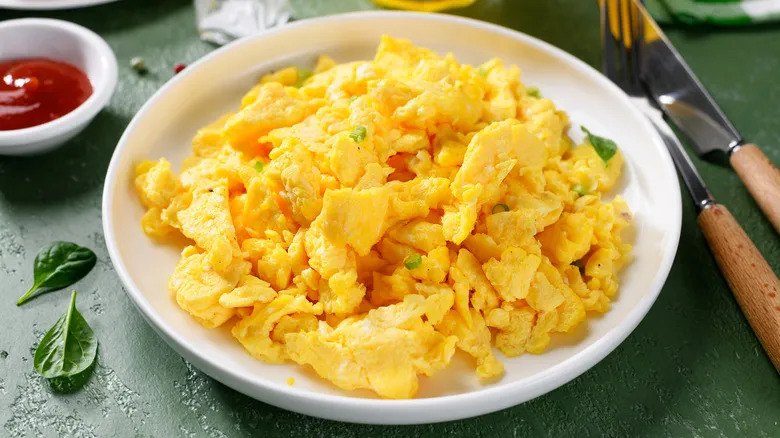
Why Reheating Leftover Eggs Is Almost Always A Bad Idea
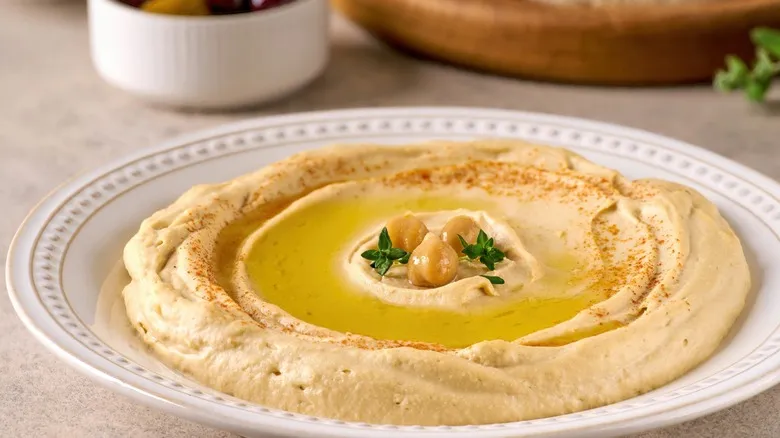
Baking Soda Is The Secret To The Creamiest Hummus Ever
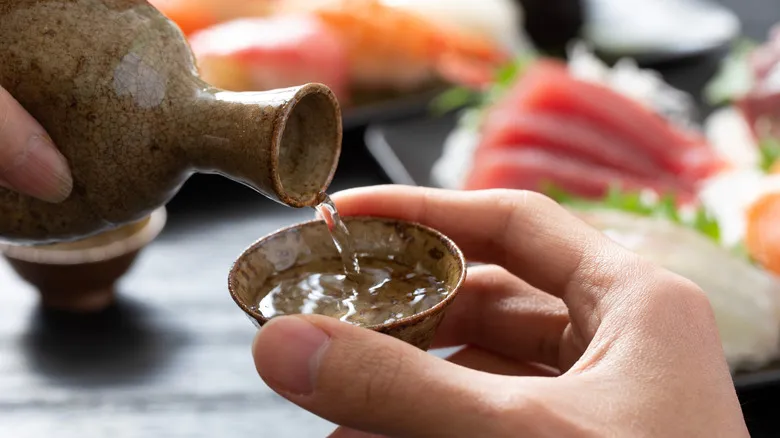
Why Sake And Sushi Pair So Well Together
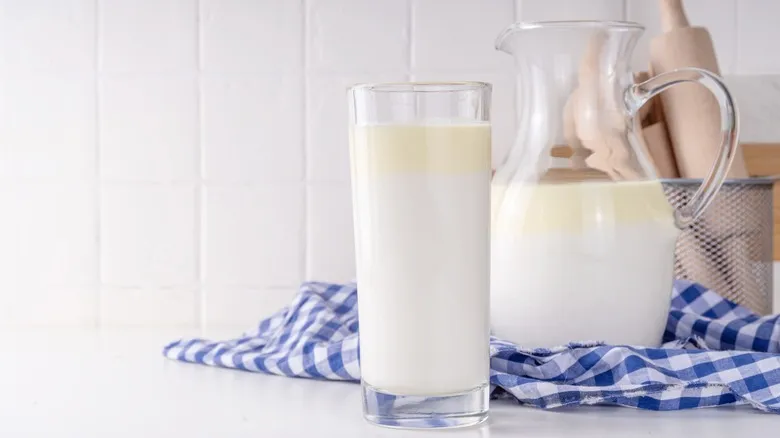
What Exactly Is Non-Homogenized Milk?
Next up

